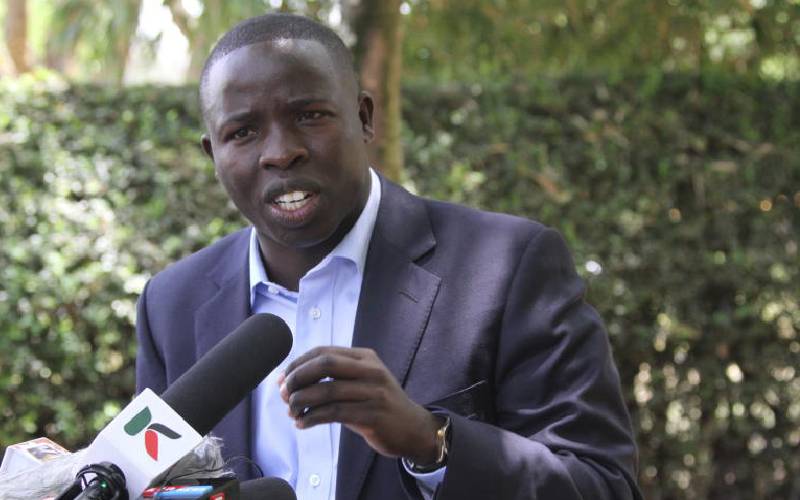×
The Standard e-Paper
Join Thousands Daily

Nandi Governor Stephen Sang. [Standard]
In a case of history repeating itself, youthful Nandi Governor Stephen Sang led a team of county officials and local residents into Kibwari Tea Estate in Nandi Hills where they left a trail of destruction.